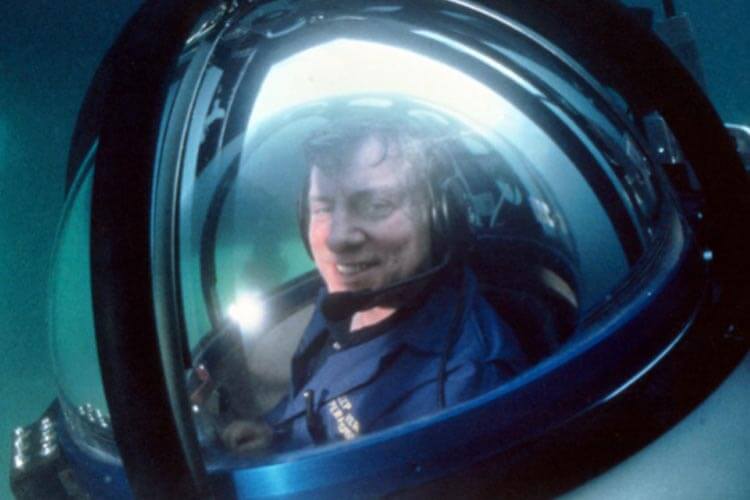
Canadian inventor and deep sea explorer, René Théophile ‘Phil’ Nuytten, has died at the age of 81. Nuytten was widely regarded as one of the pioneers of modern commercial diving, and is credited with the invention of deep sea technologies in use by the likes of NASA, The National Geographic Society, and the navies of several countries.
Born in Vancouver, British Columbia, in August 1941, Nuyteen is a member of Canada’s Indigenous Métis population and adoptee of the Kwakwakaʼwakw nation. He spent his early years living near the Vancouver Shipyard, where he first became interested in the ocean, subsequently learning to snorkel and scuba dive.
Nuytten opened Vancouver’s first dive shop at 16, where he taught dive courses and spent his time fabricating drysuits after school. After leaving school, he embarked on a career in commercial diving, logging many thousands of hours underwater around the world.

During the 1960s and 70s, Nuytten was instrumental in developing mixed gas decompression tables, assisted in the first deep-ocean bounce dives and wrote the dive protocol for ‘Deep Work 1000’, the first North American 1000ft saturation dive.
In 1965, Nuytten founded underwater commercial diving and construction company Can-Dive Services, together with its sister company, Nuytco Research, and subsea engineering and robotics company Oceaneering International in 1969.
One of Nuytten’s most notable inventions is the Atmospheric Diving Suit (ADS) Newtsuit, a hardshell deep diving suit that preserves an interior pressure at one atmosphere, thereby eliminating the need for decompression. A later model, the lightweight Exosuit ADS, was formally unveiled in 2012.
In 1997, Nuytten also patented the ‘Remora’, a submarine rescue vehicle which uses an articulated skirt to ‘mate’ with any disabled submarine. Remoras were purchased by the US and Australian navies, and was later developed into the ‘Pressurized Rescue Module System’ (PRMS), described by the US Navy as ‘the world’s most technically capable submarine rescue system’.

Nuytten was heavily involved in the production of film and TV specials based around his technological developments, notably a CBS special on his own life and work called Descent of Man, plus numerous productions for channels across Canada, Europe and Asia. Nuytten was also a senior technical advisor and provided the submersibles and other futuristic subsea devices for James Cameron’s Academy Award-winning The Abyss and also served as a consultant for Cameron’s Titanic.
Nuytten was a recipient of the Order of British Columbia in 1992 and the Order of Canada – the nation’s second-highest civilian order of merit – in 2016, ‘For his innovations in deep-sea exploration, which have improved safety and made Canada a leader in underwater development and commerce.’ He was Chairman of the Academy of Underwater Arts & Sciences at the time of his passing.


